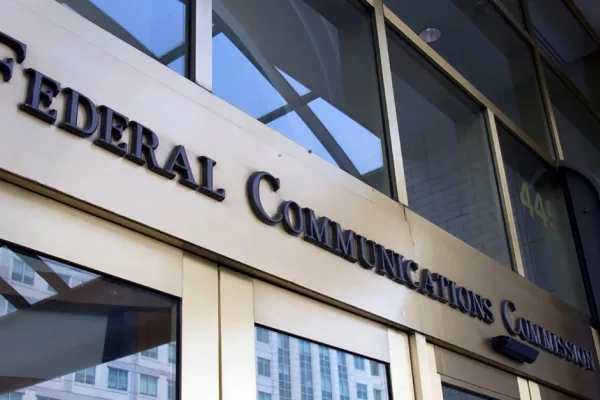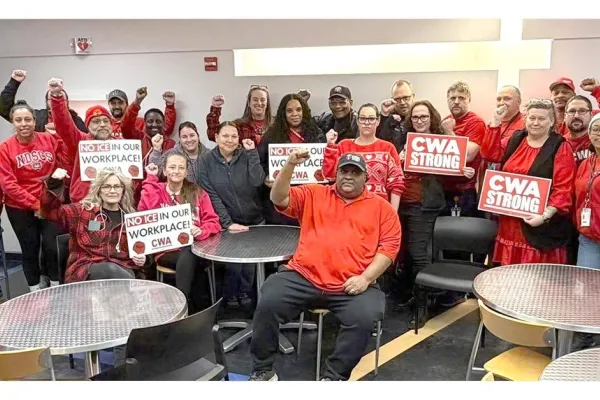October 21
For public employees, often the services of a mediator or a fact-finder (someone who holds a mini-hearing where each side presents the facts and arguments to justify its bargaining positions) is required as a matter of law for the collective bargaining process. And sometimes in the public sector, when the parties are unable to see eye to eye, an outside arbitrator (like a judge) or a government agency has the power to set the terms of what the new contract will be. Some public employees ultimately have the legal right to strike, but many don’t. And some that don’t have the legal right to strike routinely do so, anyway.
More info & ammo for unionists is available
online from Union Communication Services.
🚨🟠📢 CWA / AT&T 2026 “Orange” Mobility Contract Bargaining Report #7 📢🟠🚨
CWA and Allies File Comments Supporting FCC Oversight of Voice Service in the Internet Age
Legacy T and Activision Members Meet With CWA President Cummings in Minneapolis

